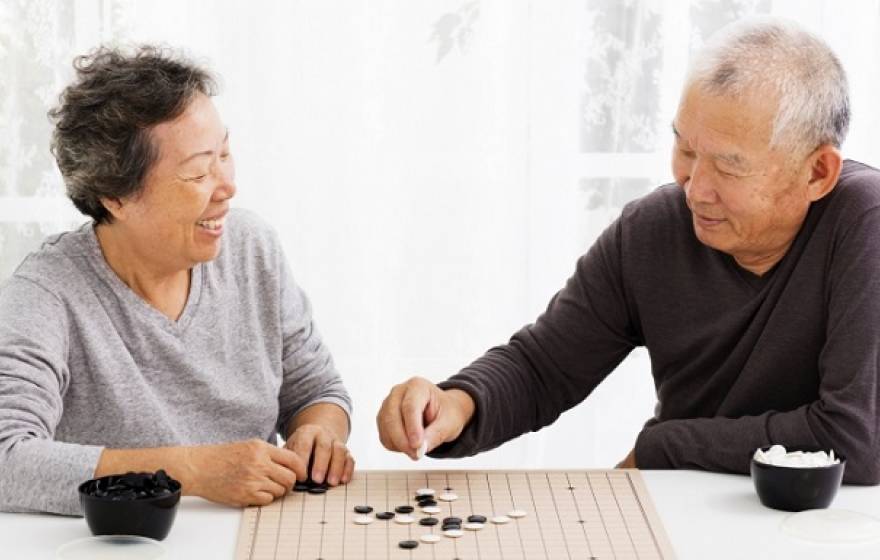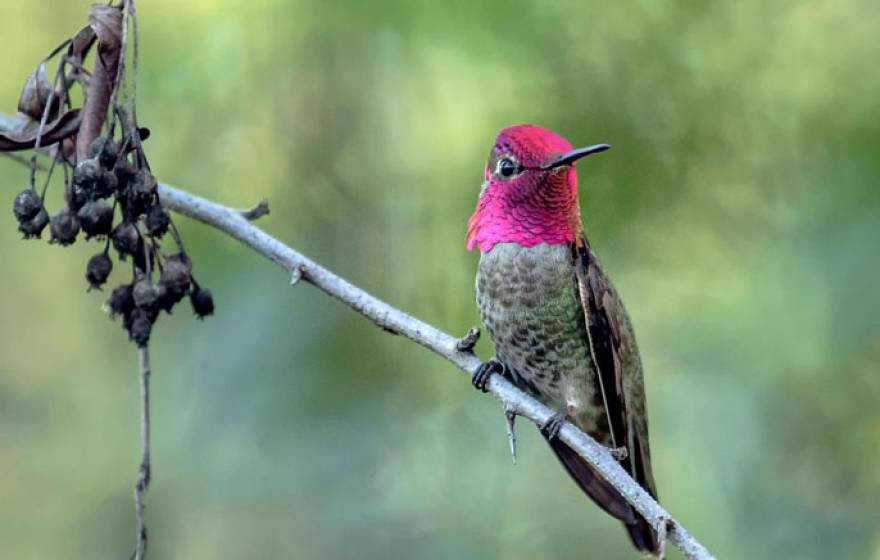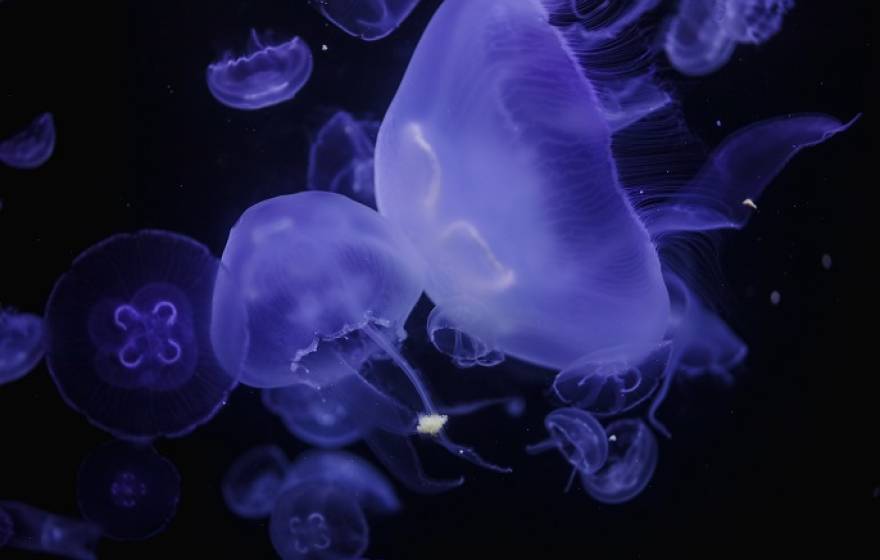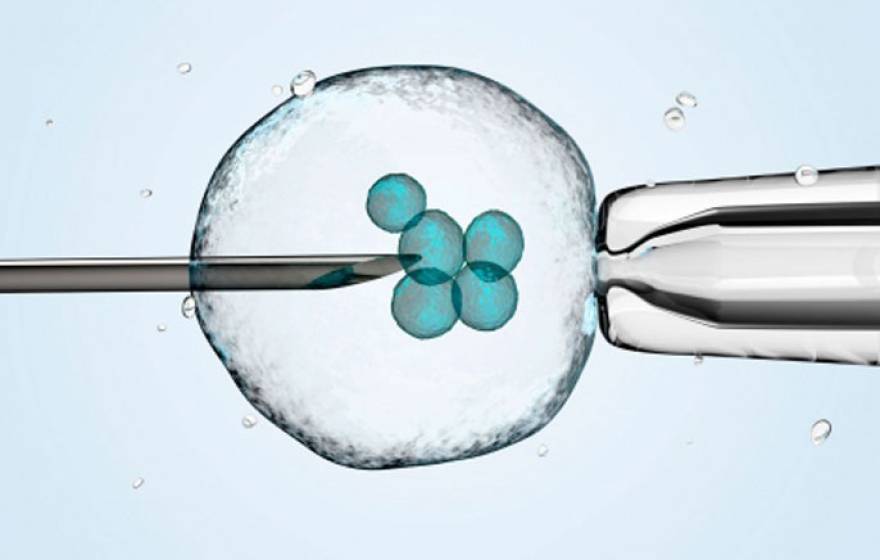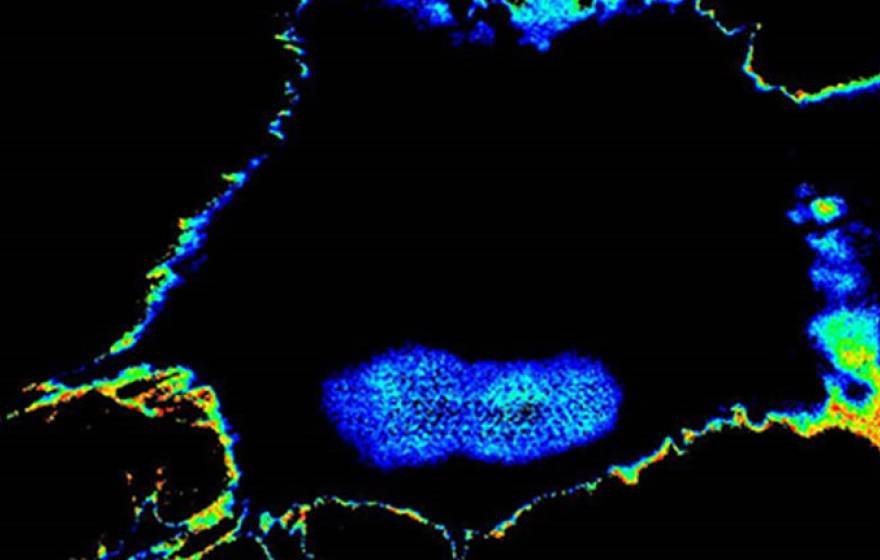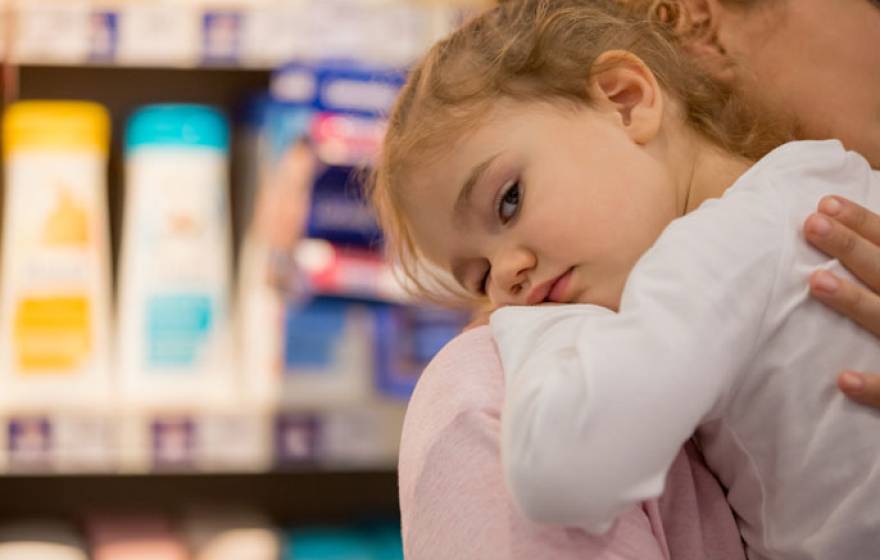Two X’s and ovaries extend life and protect mice from aging.
Administrations change, but tendency to believe threats does not
Research shows political views predict whether people trust false information about dangers — no matter who's in office.
The Payless stunt that shows expectation equals experience
How the low-cost shoe retailer duped influncers into spending $600 for a pair of cheap, $20 shoes.
Tiny birds, tiny tech
A new tracking method gives a round-the-clock record of hummingbird life.
Secrets of the jellyfish genome
The first in-depth look at the jellyfish genome shows how they build a complex life history with simple genes.
More than $9M in research grants awarded to UC campuses to address California’s critical issues
Grants from the University of California’s Multicampus Research Programs and Initiatives (MRPI) to help UC researchers address pressing contemporary issues.
Proposed changes to immigration laws would cost California jobs, harm public health
The state could lose up to $1.67 billion in federal benefits with changes to the ‘public charge’ test, a new report finds.
What’s so controversial about the first gene-edited babies? Experts explain
Researcher He Jiankui’s announcement of the first babies with DNA edited as embryos causes concern.
Detecting cancer's ability to spread
New sensors detect and measure single cancer cells' potential to metastasize, the leading cause of cancer deaths.
Prenatal exposure to chemicals in personal care products may speed puberty in girls
Early onset puberty has been linked with an increased risk of mental illness and cancer.
Racial bias taints neighborhoods — and residents, research reveals
The health and well-being of residents is jeopardized by bias about where they live.
Hang in there. As couples age, humor replaces bickering
A study of longtime married pairs finds less rancor and more tenderness as time goes by.
